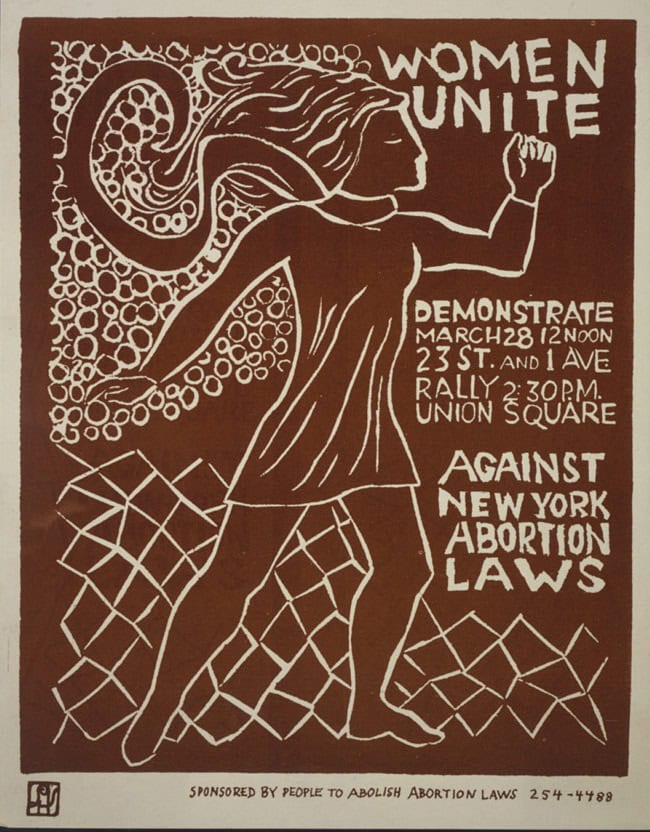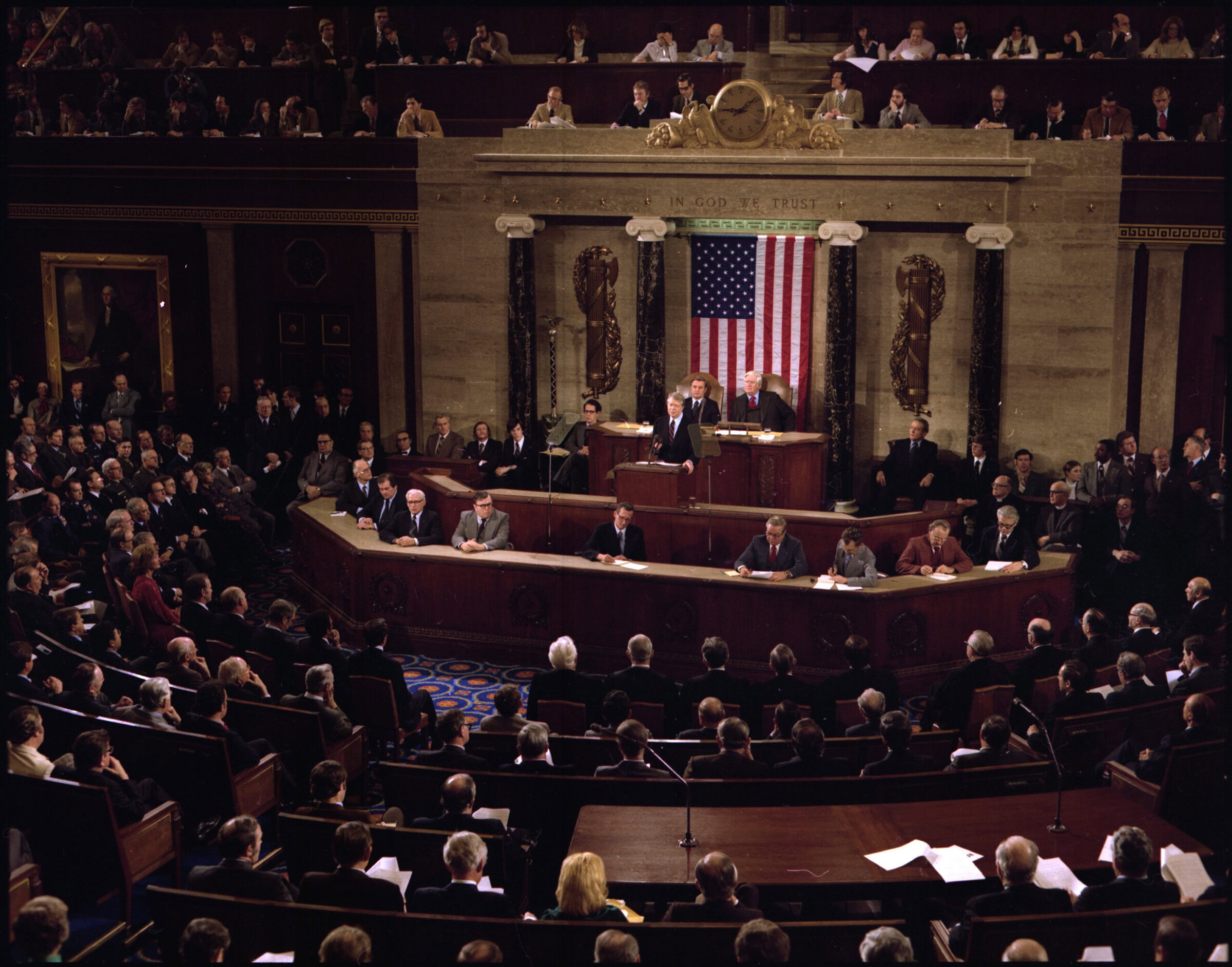Josiah Daniel is a retired partner in residence at the international law firm Vinson & Elkins LLP. He lives in Dallas, Texas, and has been a member since rejoining in 2017.
Website: https://blog-josiahmdaniel3.blogspot.com/2018/03/cv.html
 Alma maters: BA (history), University of the South (Sewanee), 1973; JD (law), University of Texas at Austin, 1978; MA (history), University of Texas at Austin, 1986
Alma maters: BA (history), University of the South (Sewanee), 1973; JD (law), University of Texas at Austin, 1978; MA (history), University of Texas at Austin, 1986
Fields of interest: Legal history including municipal bankruptcy, lawyering in bankruptcy proceedings and federal regulatory litigation during the first half of the 20th century, and the legal profession in Texas through 1940; and the life and times of Dallas congressman Hatton W. Sumners (1875–1962).
Describe your career path. What led you to where you are today? In youth I loved exploring books of history on my grandfather’s bookshelves. In high school, I won an encyclopedia for my paper on the history of segregation. Majoring in history, at Sewanee, was a foregone conclusion. Afterward, in 1973, it seemed natural to go on to grad school, and the History Department of the University of Texas at Austin kindly accommodated me, from 1973 to 1975. Those were great years—I loved the professors, including Norman Brown, Bob Cotner, Lew Gould, and Nancy Barker—and I met my wife Susan, also a history grad student, in a seminar there.
By the mid-1970s, employment opportunities for historians had dimmed, so I switched over to UT’s law school and then practiced law 39 years (business bankruptcy), but never gave up on history. When appropriate, I incorporated historical analysis into my work for clients (there’s a difference between “law office history” a.k.a. “forensic history” as decried by Prof. John Philip Reid, and “applied legal history,” which as posited by Prof. Al Brophy can properly be applied to current issues but is rigorous and honest about “how we got where we are now”). Second, I nursed my own historical projects as time permitted, even managing to publish articles such as my hour-by-hour analysis of the 1948 disputed-election litigation in state and federal courts known as LBJ v. Coke Stevenson (think: Bush v. Gore but 50 years earlier). Eleven years ago I founded the Legal History Discussion Group of the Dallas Bar Association, and I have organized 61 presentations, half by academics and half by Dallas lawyers. And for many years I have been committed to the UT History Department’s Visiting Committee, working to assist Prof. Jackie Jones, the chair. Now retired (for eight months!), I have turned full attention to my projects.
What do you like the most about where you live and work? The ninth largest American city, Dallas is a great place to live and work, an urban oasis of increasingly sophisticated, progressive, diverse people in the vastness of Texas (along with Austin and Houston too, of course). Dallas has improved in every way over the course of the 21st century. Importantly for me, it is home to the Dallas Historical Society with its wonderful archive—including Hatton Sumners’ papers—in its art deco headquarters in Fair Park, plus a major university, Southern Methodist University, with scholarly resources.
What projects are you currently working on? Working from his papers in the local archive and congressional documents I have found in the National Archives, I am writing a biography of Dallas Congressman Hatton Sumners (he served 1913–47). Also I am writing a chapter on the Texas Bar Association, 1882–1940, for a history of the practice of law in Texas.
Have your interests evolved since graduation? If so, how? As noted, I had a 39-year “detour” in law practice. But my experiences within the legal system, accomplishing clients’ objectives in the tough world of business, have improved my research skills, my understanding of sources, and, I believe, my perspective as a historian today.
What’s the most fascinating thing you’ve ever found at the archives or while doing research? I have been surprised to find in Congressman Sumners’ papers the documents of loans he made to constituents!
What do you value most about the history discipline? First, the discipline has taught me never to take anything for granted and always to analyze who the agents were, for whom they were acting, and how they achieved the result. Second, while interpretations may and do vary, through the medium of foot- or endnotes we can verify if an author is reliable, a historian with verifiable sources, or is a hack who is just making a story up.
Why is membership in the AHA important to you? AHA is the preeminent organization serving historians and advancing the cause of history and historical scholarship in the United States. I want to present my work at a future annual meeting and to connect with those pursuing similar and related projects. Then I will know I am making the grade.
AHA members are involved in all fields of history, with wide-ranging specializations, interests, and areas of employment. To recognize our talented and eclectic membership, Perspectives Dailyfeatures a regular AHA Member Spotlight series.
This work is licensed under a Creative Commons Attribution-NonCommercial-NoDerivatives 4.0 International License. Attribution must provide author name, article title, Perspectives on History, date of publication, and a link to this page. This license applies only to the article, not to text or images used here by permission.



